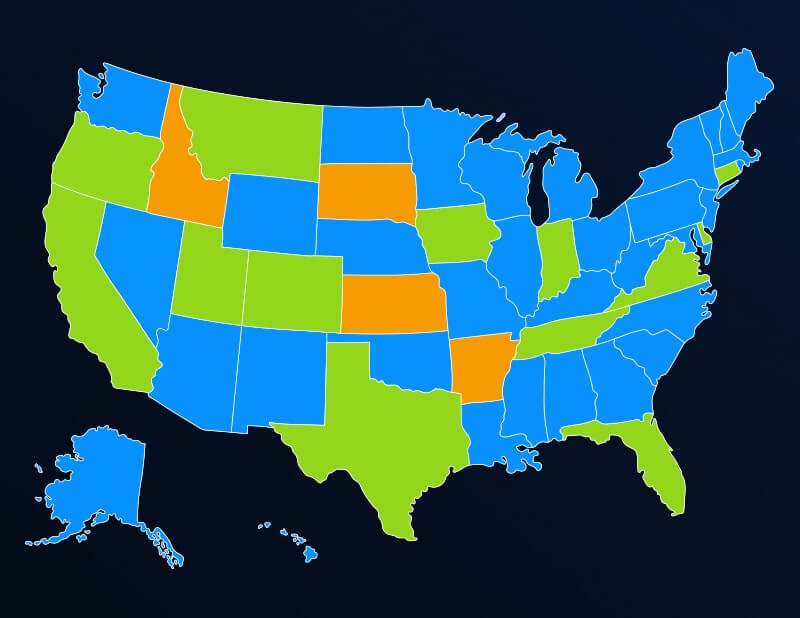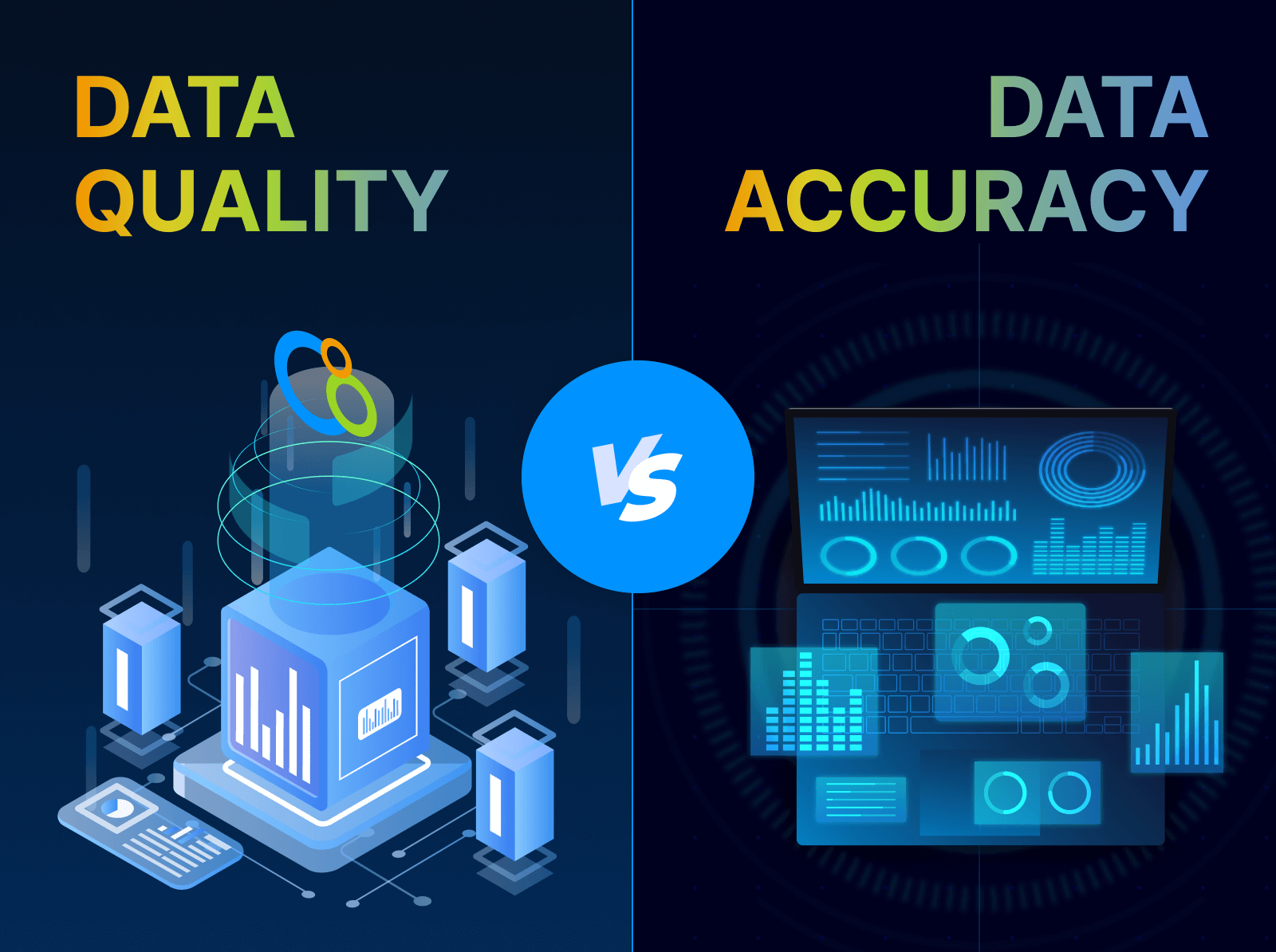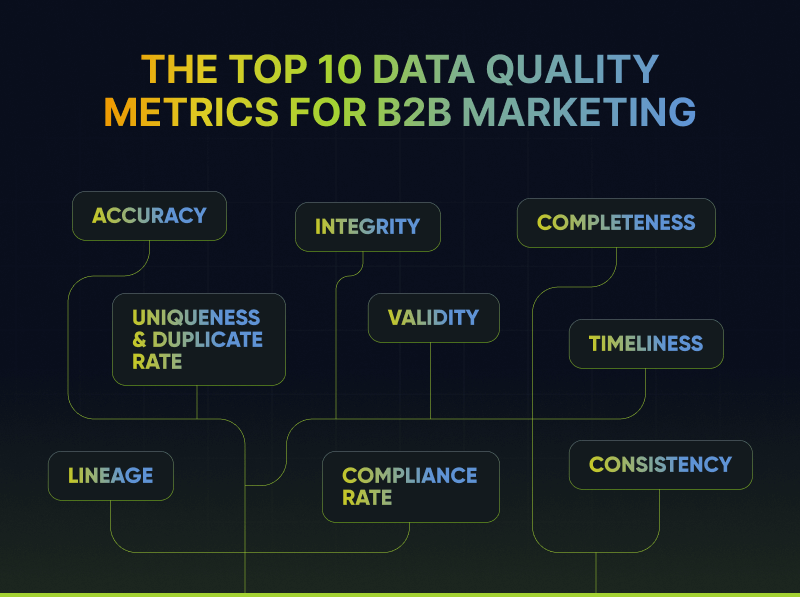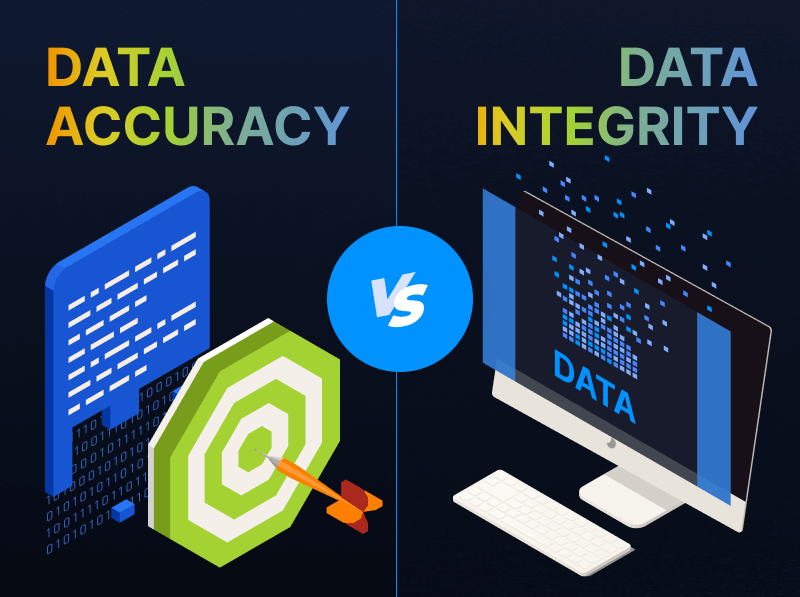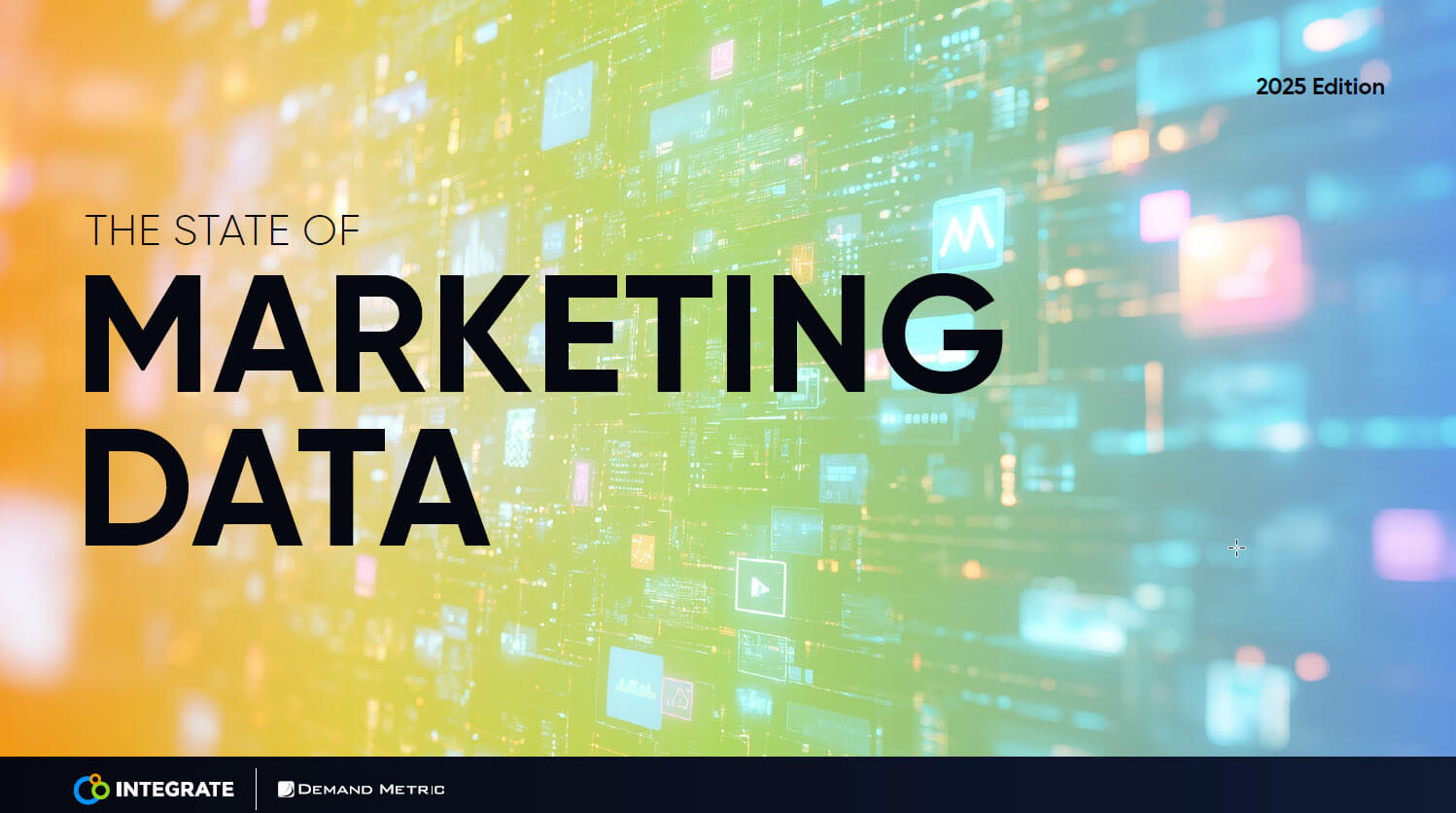Beyond California: Twelve More States Stepping Up Data Privacy by 2025 – Are You Prepared?
When California introduced the CCPA, it signaled the dawn of a new era in data privacy within the U.S. However, as we delve deeper into 2023, it’s becoming increasingly clear that California was just the pioneer in a rapidly evolving national trend. There has been a significant uptick in the number of states implementing or passing their own data privacy laws this year, and by 2025, twelve additional states – including Florida, Virginia, Colorado, Connecticut, Delaware, Iowa, Indiana, Montana, Oregon, Texas, Tennessee, and Utah – will have rolled out their own data privacy legislations. Several other states have active bills in legislation, including Massachusetts, New Jersey, North Carolina, and Pennsylvania.
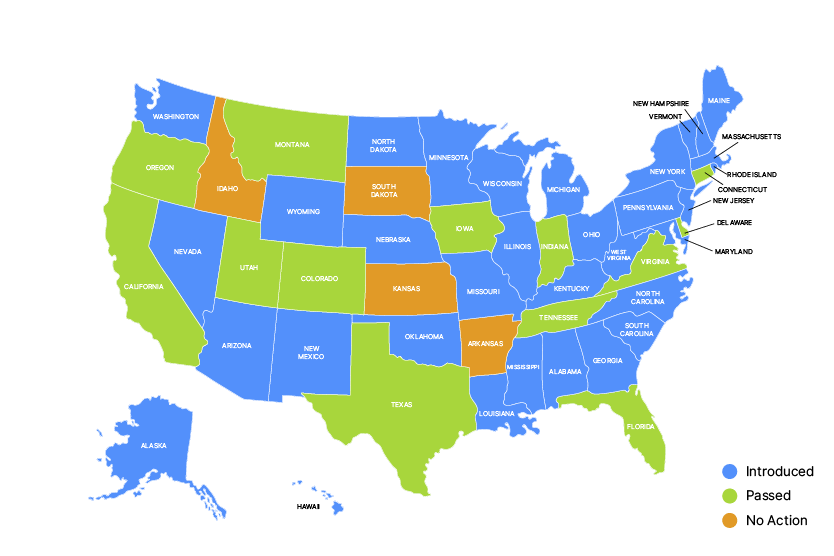
This surge in state-led data privacy regulations raises the stakes significantly for businesses nationwide. Companies are no longer merely dealing with the intricacies of one state’s requirements but now must prepare to navigate a complex web of varied regulations. Each state’s laws bring its nuances, potential pitfalls, and, most importantly, the threat of hefty non-compliance penalties.
Take Marriott and British Airways, for instance. They faced staggering fines of $123 million and $230 million, respectively, for GDPR infringements. In a landscape where more and more states are championing consumer data rights, mistakes can be costly – not just financially but also in terms of brand trust and reputation.
Implications for B2B Marketers
For marketers, this shift necessitates a re-evaluation of their data practices. It’s not just about collecting data anymore; it’s about ensuring that the data collection is compliant across the board. With an intricate patchwork of laws soon covering the majority of the U.S., companies will need advanced tools and strategies to stay ahead.
To adapt to this changing landscape and maintain compliance, consider these crucial steps:
- Data Compliance Assessment: Conduct an in-depth assessment of your data collection and processing practices to ensure compliance with each state’s data privacy laws.
- Audience Segmentation: Refine your audience segmentation strategies, ensuring you only target individuals who have opted in or meet specific criteria outlined in the relevant state laws.
- Opt-Out Mechanisms: Implement clear and accessible opt-out mechanisms to respect consumers’ preferences, which may vary by state.
- Data Security Measures: Invest in robust data security to protect customer information, as data breaches can lead to severe legal and reputational consequences.
- Consistent Messaging: Ensure that your marketing messages and practices align with the transparency requirements of the various state laws, especially regarding data use and disclosure.
- Legal Consultation: Seek legal counsel specializing in data privacy to navigate the complexities of these regulations and maintain compliance.
- Monitoring and Adaptation: Stay vigilant about changes in data privacy laws and be prepared to adapt your strategies as new states enact regulations or existing ones evolve.
Data Guardian
At Integrate, we are committed to making it easier for B2B marketers to do their jobs. And that starts with prioritizing clean, compliant data. Marketable and compliant data underpins all your marketing efforts. Data quality is critical to support your buyers across all channels and paves the way for everything from building a great customer experience to developing strong strategies.
That’s why we’re introducing Data Guardian – our state-of-the-art platform designed to aid businesses in this very endeavor. By offering scalable solutions from AI-powered trust scoring to rigorous auditing, we aim to safeguard marketers’ careers and their respective brands against the looming threats of non-compliance.
Onward
While California might have been the first domino to fall in the U.S. data privacy movement, it’s evident that it won’t be the last. In today’s world, it’s important to take the necessary steps to ensure compliance so you can continue to effectively connect with your target audience while respecting their privacy rights. As we brace for the influx of new state-specific regulations, forward-thinking companies are those that will proactively adapt, ensuring their data practices are both effective and compliant. Are you among them?
